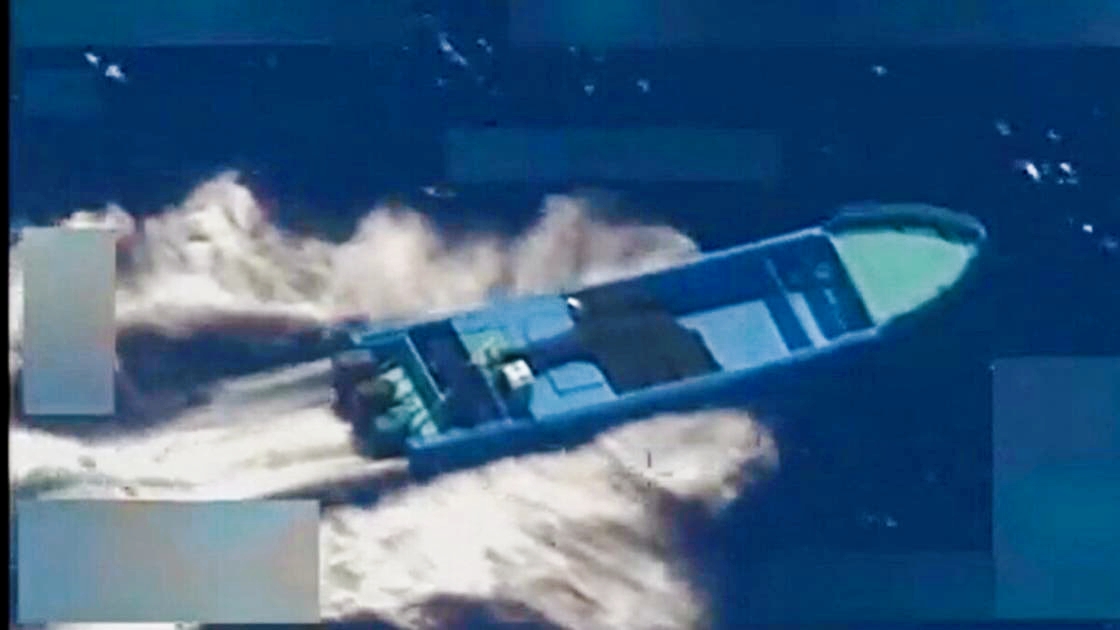American Airstrikes in the Pacific Ignite Diplomatic Crisis with Colombia

The crisis between Washington and Bogotá escalates after a series of American airstrikes in the eastern Pacific targeting ships that the U.S. Department of Defense said are used for drug trafficking, resulting in the deaths of at least five people, marking a new escalation in President Donald Trump's campaign against drug trafficking.
In controversial statements, U.S. Secretary of State Marco Rubio described his Colombian counterpart Gustavo Petro as "crazy," telling reporters yesterday evening:
"Colombian authorities, especially the military and police, remain strongly loyal to America... but the only problem in Colombia is its crazy president, this man is not in his right mind."
Meanwhile, U.S. Secretary of Defense Pete Hegseth announced that the U.S. military carried out two consecutive strikes on ships in the eastern Pacific, noting that the first operation took place on Tuesday and resulted in the deaths of two people, while the second, yesterday, resulted in the deaths of three others.
Hegseth posted a video clip lasting about 30 seconds on the platform "X" (formerly Twitter), showing a ship sailing in the sea before exploding in a dramatic scene.
Colombian President Petro responded angrily, accusing Washington of "violating international law" and "overstepping sovereignty," as tensions between the two countries escalate following a series of previous American strikes in the Caribbean, which resulted in the deaths of at least 32 people.
These airstrikes are part of a broader military campaign initiated by Trump, which included at least seven strikes in the Caribbean against what he described as "drug trafficking networks," but the U.S. administration has not provided any clear details regarding the quantities of drugs seized or evidence proving the involvement of the targeted ships.
Legal experts have raised questions about why the U.S. military is being used instead of the Coast Guard, which is the legally responsible entity for enforcing maritime laws, considering that resorting to lethal strikes raises legal and ethical issues.
This comes at a time when the U.S. military buildup in the Caribbean is notably escalating, involving guided missile destroyers, F-35 fighters, a nuclear submarine, and more than 6,500 soldiers.
In contrast, Trump continues his fierce attack on the Bogotá government, describing the Colombian president as a "drug lord" and accusing his country of "not fighting drugs but producing them."
He also announced the suspension of U.S. aid to Colombia, which exceeded $740 million annually allocated for drug control, and threatened to impose new tariffs on Colombian imports, indicating a near-total breakdown of relations between the two countries.